If you’re hearing rattling noise from your brakes, don’t ignore it. It’s understandable to be concerned and want to fix the issue as soon as possible Why Are My New Brake Pads Rattling?
No one wants their vehicle making strange noises when driving down the road. In this post, we’ll discuss why new brake pads might rattle and how you can fix it.
Before we dive into the reasons behind brake pad rattle, let’s first understand what brake pads are and how they work in your car.
The brake system is an essential safety feature of any vehicle that works by creating friction between two surfaces – the brake pad and rotor or drum – to slow or stop a car.
Possible reasons for new brake pads rattling include improper installation, missing or improperly installed brake pad shims or hardware clips, and excessive wear or uneven surfaces on the brake rotor.
Now let’s take a closer look at why new brake pads may start rattling after installation.
Table of contents
What Are Brake Pads and How Do They Work?

Brake pads are an essential component of any vehicle’s braking system. They are responsible for creating friction and slowing down the wheels when you press on the brake pedal.
The brake pad is typically made up of a steel backing plate with a layer of friction material (often ceramic or metallic) attached to it.
When you apply pressure to the brake pedal, hydraulic fluid is forced into the calipers, which in turn applies pressure to your brake pads.
This pressure causes them to clamp down onto your rotors and slow down your wheels.
Understanding how your brake pads work can help you diagnose issues like rattling or other unusual noises. It’s important to identify these problems early on and take care of them before they become more serious.
5 Reasons Why Are My New Brake Pads Rattling?
If you’re experiencing rattling from your new brake pads, there could be a few reasons why this is happening. Here are some common causes:
| Possible Cause | Symptoms | Solution |
|---|---|---|
| Loose brake pad shims | The brake pad shims are thin metal plates that help to keep the brake pads in place. If the shims are loose, they can cause the brake pads to rattle. | Tighten the brake pad shims. |
| Worn or damaged brake caliper | The brake caliper is the part that clamps the brake pads against the rotor. If the brake caliper is worn or damaged, it can cause the brake pads to rattle. | Replace the brake caliper. |
| Foreign object trapped between the brake pad and rotor | A foreign object, such as a rock or piece of debris, can get trapped between the brake pad and rotor. This can cause the brake pads to rattle. | Remove the foreign object. |
| Improper installation of brake pads | If the brake pads are not installed properly, they can rattle. | Have a qualified mechanic install the brake pads. |
1. Loose Caliper Bolts or Hardware:
One common reason for brake pad rattling is loose caliper bolts or hardware.
When the bolts holding the caliper in place are not tightened properly, the caliper can vibrate and cause the brake pads to rattle.
This can happen especially when braking at low speeds.
2. Worn or Damaged Brake Hardware:
Another reason for brake pad rattling is worn or damaged brake hardware.
This can include worn or damaged shims, clips, or springs that hold the brake pads in place.
When these components are worn or damaged, the brake pads can move around and cause rattling.
3. Improperly Installed Brake Pads:
If the brake pads were not properly installed, this can also cause rattling.
For example, if the pads were not installed evenly or the clips were not placed correctly, this can cause the pads to move around and rattle.
It’s important to ensure that the brake pads are installed properly to prevent any issues.
4. Low-Quality Brake Pads:
Another possible reason for brake pad rattling is the use of low-quality brake pads.
While cheaper pads may seem like a tempting option, they can cause numerous issues such as decreased stopping power and increased wear on your rotors.
Low-quality brake pads can also be more prone to rattling due to their poor construction or inferior materials.
If you suspect that your new brake pads are of low quality, it may be worth investing in higher-end options that are specifically designed for your vehicle make and model.
When shopping for new brake pads, look for products with positive reviews from other car owners or seek advice from a trusted mechanic or fellow car club member.
Don’t compromise on safety by opting for cheaper alternatives if they could potentially cause problems down the road.
In addition, make sure that all necessary hardware such as clips and springs are included with the new brake pads and fitted correctly during installation. Any missing or loose hardware can contribute to rattling noises while driving.
5. Glazed Brake Pads:
Finally, glazed brake pads can also cause rattling. Glazing occurs when the brake pads get too hot and the friction material hardens and becomes glossy.
This can lead to decreased stopping power and increased noise. If you suspect that your brake pads are glazed, it’s important to replace them as soon as possible to ensure your safety on the road.
Overall, there are several reasons why new brake pads may start rattling after installation.
It’s important to identify the cause early on and take care of it to prevent further damage or safety concerns.
If you’re unsure about the cause of the rattling, seek advice from a trusted mechanic or brake specialist.
How To Fix Rattling Brake Pads?
If you’re experiencing rattle from your new brake pads, there are a few things you can do to fix it. Here are some steps you can take:

Tighten Caliper Bolts or Hardware:
Loose caliper bolts or hardware can cause rattling brakes. Tightening them up may solve the problem.
Reinstall Brake Pads Properly:
Improper installation of brake pads can also cause rattling noises. Make sure they’re fitted correctly and that all clips and springs are in their proper locations.
Replace Low-Quality Brake Pads:
Low-quality brake pads tend to create more noise than higher-quality ones due to their materials and design.
Resurface or Replace Glazed Brake Pads:
Glazed brake pads occur when high heat causes the pad material to harden on the rotor surface, resulting in noise and reduced braking performance.
A mechanic may be able to resurface or replace glazed brake pads for better performance.
Remember, it’s important not to ignore abnormal noises coming from your brakes while driving as they could indicate a significant problem with your vehicle’s braking system which needs immediate attention.
Can new brakes rattle?
Yes, new brakes can often rattle or make noise for a short period of time after installation due to heat expansion, especially if they were installed without anti-rattle shims.
Additionally, new brakes may also produce noise if they have not been properly installed or if the components are not of high quality.
However, if the noise persists or becomes increasingly loud, it is important to have the brakes inspected by a qualified technician to ensure that they are functioning properly and to prevent any potential safety issues while driving.
In general, it is always recommended to have brakes installed and/or inspected by a professional to ensure that they are working properly and safely.
Why Is There a Knocking Sound After Changing Brake Pads?
If you have recently changed your brake pads and are now hearing a knocking sound, there could be a few reasons why.
The most common cause of this sound is improper installation or wear of the brake hardware.
Firstly, if the brake pads were not properly installed, the pads may be loose and knocking around when you apply the brakes.
This can also cause uneven wear on the brake pads and lead to a decrease in braking performance.
Another potential cause could be worn out or damaged brake hardware. The brake hardware includes components such as the pad shims, anti-rattle clips, and caliper guide pins.
If any of these parts are worn out or damaged, they can cause the brake pads to move around and create a knocking sound.
Lastly, it could also be a problem with the caliper guide pins. These pins are responsible for allowing the brake pads to move smoothly when you apply the brakes.
If these pins are worn out or damaged, they can cause the brake pads to move around and create a knocking sound.
It is important to address this issue as soon as possible, as improper brake function can be dangerous and lead to accidents.
If you are not comfortable diagnosing and repairing the issue yourself, it is best to take your vehicle to a trusted mechanic to have the problem fixed.
Conclusion and final thoughts 💭
New brake pads may start rattling due to loose caliper bolts or hardware, worn or damaged brake hardware, improper installation, low-quality brake pads, or glazed brake pads.
It’s important to identify the cause early on and take care of it to prevent further damage or safety concerns.
To fix rattling brake pads, one can tighten loose bolts or hardware, replace worn or damaged brake hardware, ensure proper installation, invest in high-quality brake pads, or replace glazed brake pads.
If unsure about the cause of the rattling, seek advice from a trusted mechanic or brake specialist and do not ignore abnormal noises coming from your brakes while driving.
Latest Posts:
- Can WD-40 Remove Scratches on Cars? (Hint: Yes, but…)
- Can You Use a Drill to Polish Your Car? (We Tried it Out!)
- Should You Cover Car Scratches With Stickers? (REVEALED!)
- Buick Service Stabilitrak: (Causes & 100% Guaranteed Fix!)
- Common Holden Trax Problems (Causes & 100% Proven Fixes!)
- Jeep Commander Transmission Over Temp: (Guaranteed Fix!)

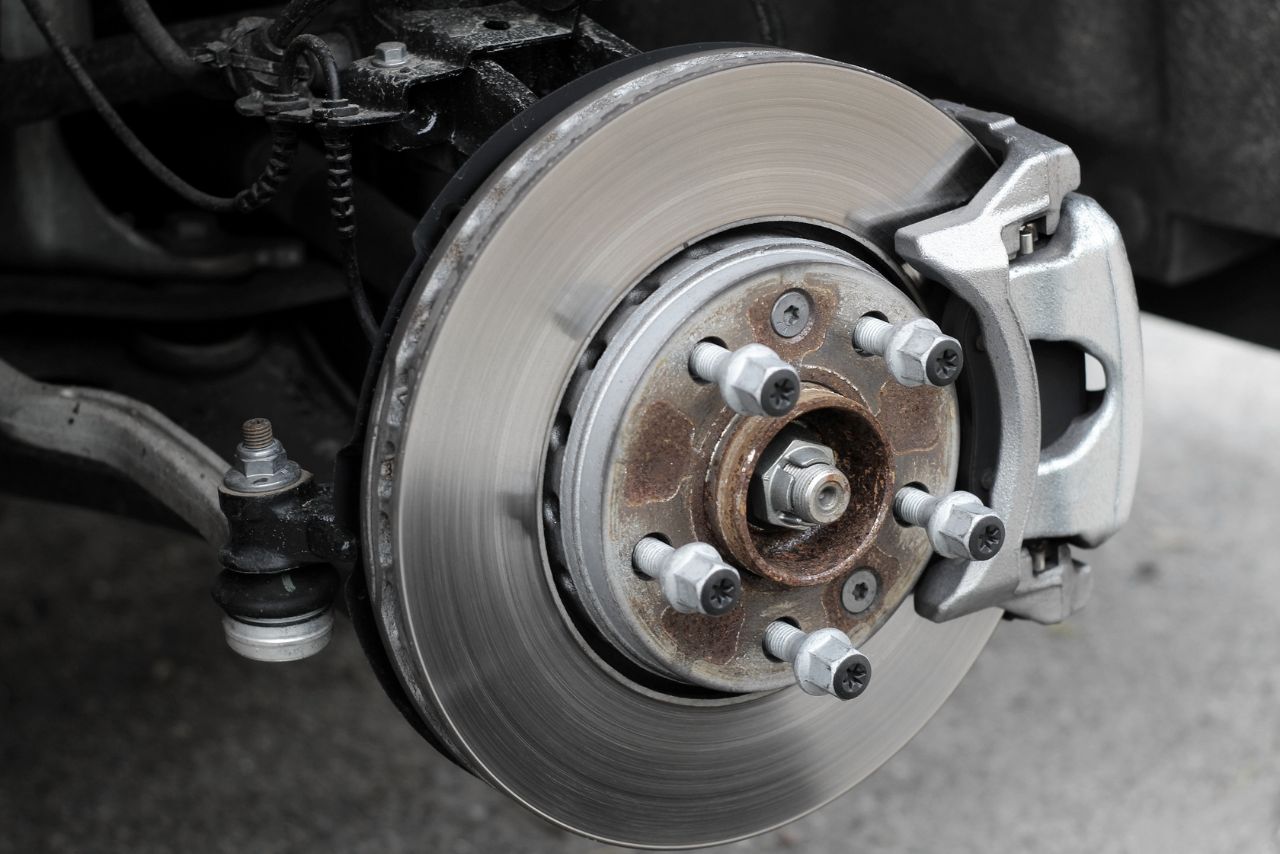



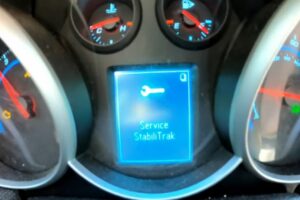

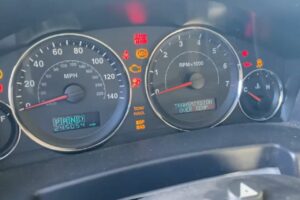
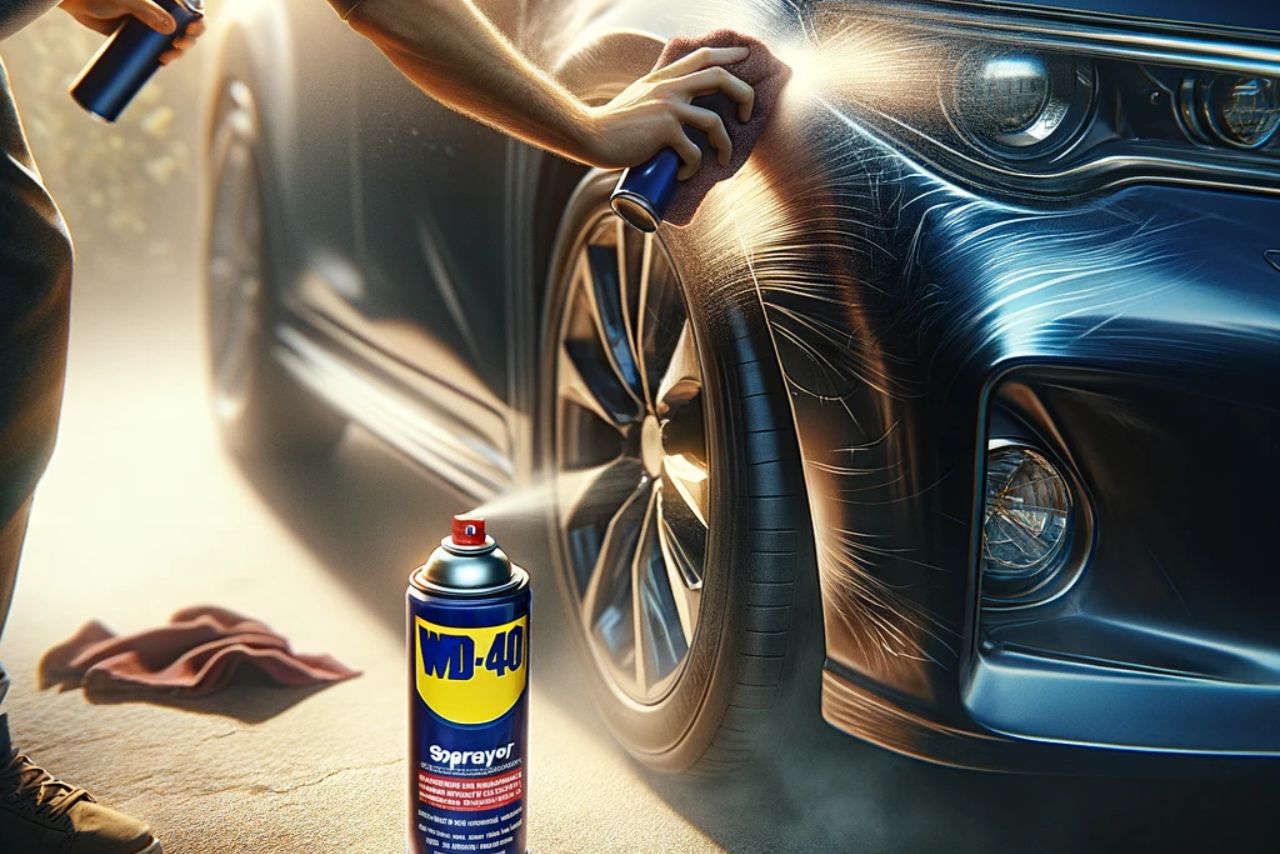
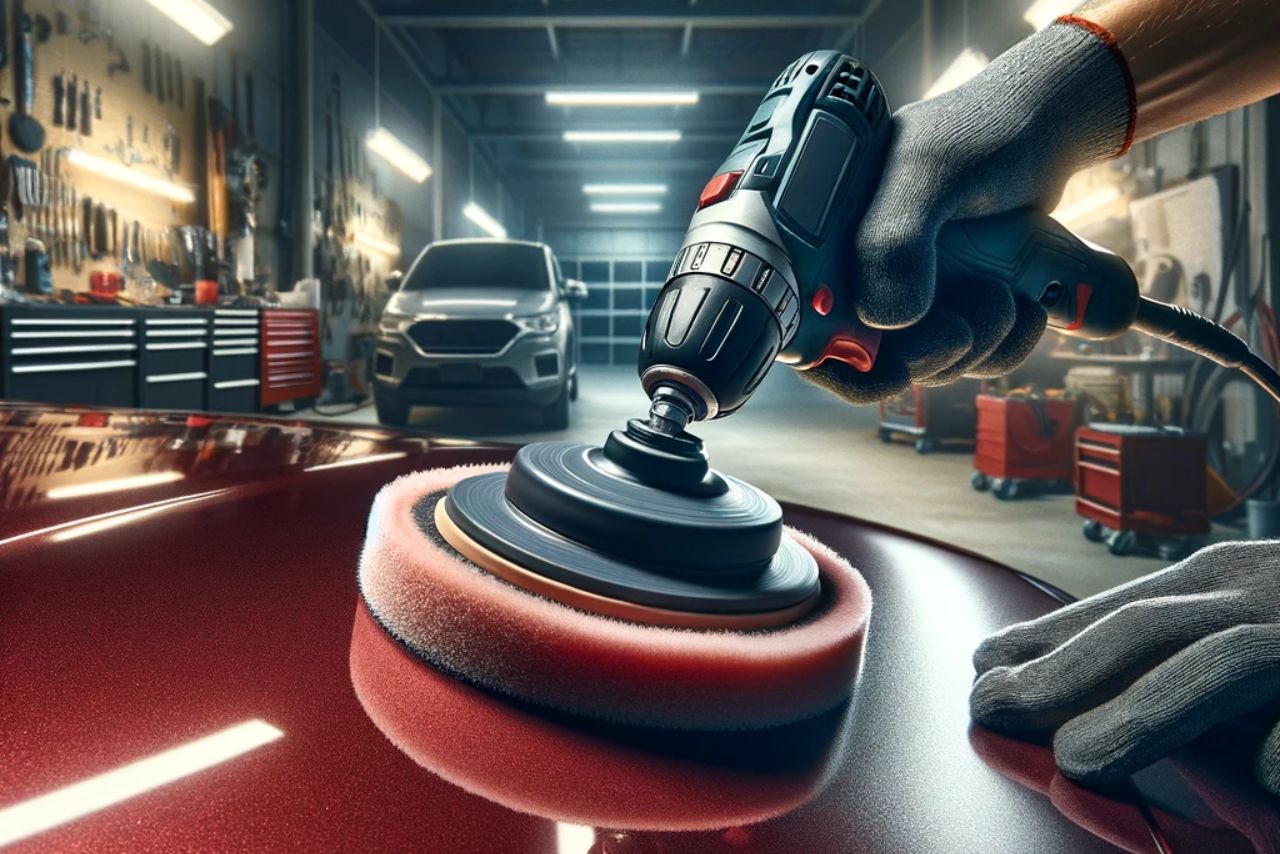


Leave a Reply